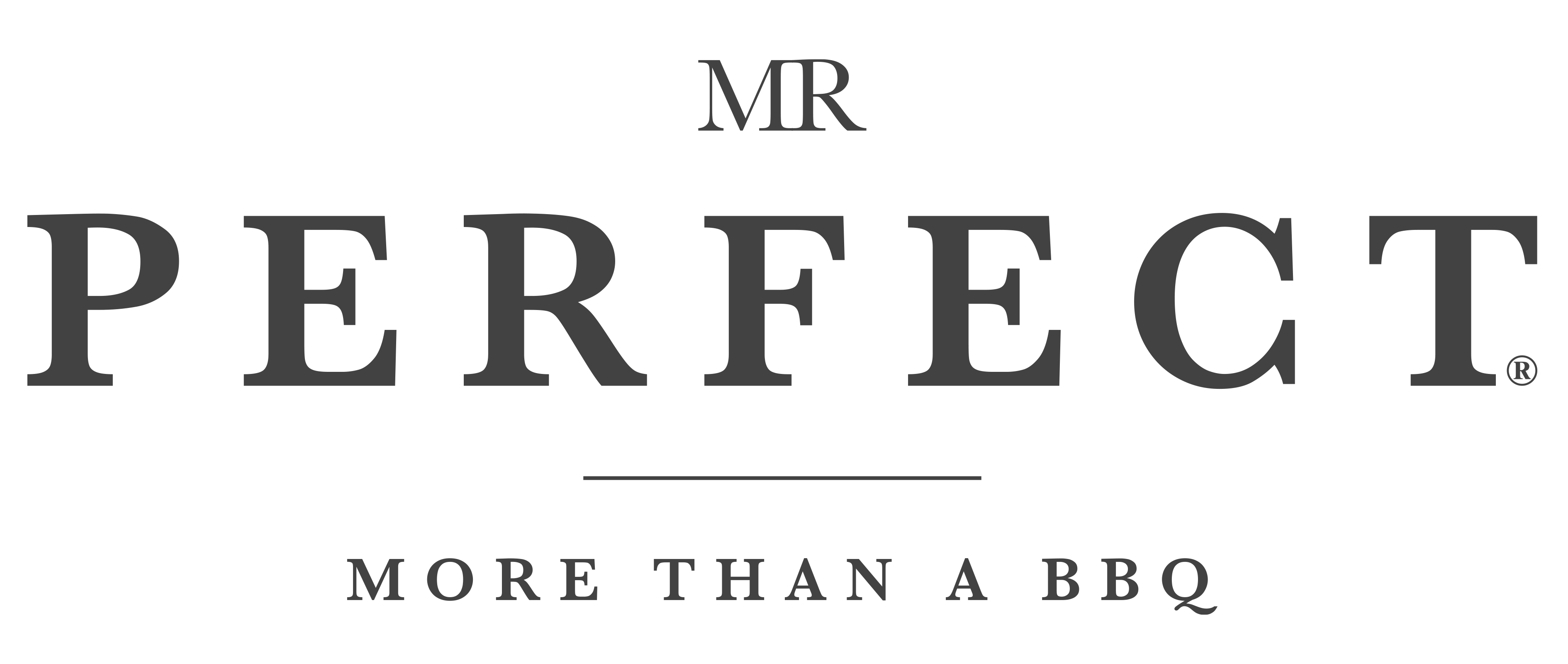Up until 2007, my cultural experience of the humble BBQ was usually a once in a year event. And it was rudimentary at best.
Memories as a child of us buying disposable tray BBQs at Centre Parcs without realising there was a fire ban (Centre Parcs basically is a resort in a forest) and then as a 21 year-old when we had a “heatwave”, rushing to Tesco to buy a £10 kettle BBQ, beers and meat, only to find there was a national shortage due to the fact 95% of the population did the same.
Celebrity chef royalty (but perhaps not so much right now, ahem) Jamie Oliver, sums up his own memories nicely.
“My first outdoor cooking memories are full of erratic British summers, Dad swearing at a barbecue that he couldn’t put together, and eventually eating charred sausages, feeling brilliant.”
Australia however was arguably the first country to make the barbeque a national pastime. Although it did not originate here in more recent times an iconic 1984 tourism advertising campaign featuring Paul Hogan ends with him saying, “Come on, I’ll slip another shrimp on the barbie for you”.
Just two years later an Australian satirical film called Babakiueria reinforced this cultural stereotype. Wikipedia does a much better job than I could of explaining it so here goes:
“Babakiueria revolves around a role-reversal, whereby it is Aboriginal Australians who have invaded and colonised the fictitious country of Babakiueria, a land that has long been inhabited by white natives, the Babakiuerians. The opening scene depicts a group of Aboriginal Australians in military uniforms coming ashore in a land they have not previously been to. In this land, they discover a number of European Australians engaged in stereotypical European Australian activities. The Aboriginal Australian explorers approach the group and the expedition’s leader asks them, “What do you call this place”? One of the Europeans replies, “Er… ‘Barbecue Area'”.”
When I embarked on my first stint in Australia travelling in 2007 I got to experience several BBQs in quick succession. These super-charged affairs always revolved around friends, family or on one occasion being welcomed into someone’s home. I have never forgotten what that felt like, especially for someone that never particularly felt welcome generally.
Since then of course BBQs have become second-nature to me (even without Mr. Perfect) and they rarely fail to produce a feeling of connection, wherever they may be. So it got me thinking, or more specifically entering my regular Google rabbit-hole dives, to find why this may be the case. What I found was much more interesting.
In the book Psychology and the Conduct of Everyday Life, there is a section devoted to the Māori (for those not aware, they are the indigenous Polynesian people of New Zealand).
Several passages screamed relevance to the work we do with Mr. Perfect:
“Māori value communal eating, and the cooking area constitutes the materialization of manakitanga (practices of hosting and caring for others). Having a space and facilities to take the time to cook and share food in lives characterized by disruption creates a stabilizing event”.
On the topic of one such communal BBQ:
“Miro was head chef and had brought a few sausages along…He was saying that the people from the marae would come along and use the BBQ. He didn’t say this in a way that came across as “this is our BBQ”, but in more of a way to complement the facility that had become a socially-shared space for anyone that wanted to come and cook a feed”.
When I read the above I thought of instantly the communal public BBQs that Australia is blessed with, and that Mr. Perfect uses, dotted across the majority of parks.
But then came the jackpot.
“Processes of connection and belonging anchored through the use of culturally imbued objects and spaces are intensified for these men who have been dislocated”.
Not only did I find this obscure text that supported my pure gut reasons for Mr. Perfect, but a 2014 Sydney Morning Herald newspaper article by Daisy Dumas about “Why Australia’s free barbecues are a national treasure” gave even more affirmation, delving deep into our use of public BBQs:
“That culture is less about the food, or the location, or even the company, and all about a constantly evolving community or group coming together, creating a meal, lingering, socialising, sharing and basking in the sun and fresh air, unimpeded by the size of a home, or balcony or garden or a social pecking order…”
Connection is for all of course, but towards the end of the article it pinpoints men and mirrors some of my own thoughts, of how I always felt comfortable telling my story, even the more sensitive parts, all while turning the snags:
“One more tangible truism, however, unites the barbecuing world, public or private: whether born in Curl Curl or Calcutta, it is the men who do the cooking. Men prod and poke, add oil and scrub down. They watch meat go from pink to grey to deep brown, they smell the onions and garlic intensify and caramelise. And, as they do so, they talk. It is, says White, possibly one of the many reasons barbecuing works so well here – Australian men aren’t famed for their ease at social chat. Beyond the footy scores and house prices, even a soulless electric grill appears to have the ability to stir genuine yarning and conversation in the way a camp fire might once have done.”
The BBQ is clearly a powerful conductor, regardless of cultural heritage. For support, community and connection, and for the good of mental health.
To join the Mr. Perfect Facebook Community click here.
To find a Mr. Perfect BBQ near you click here.



